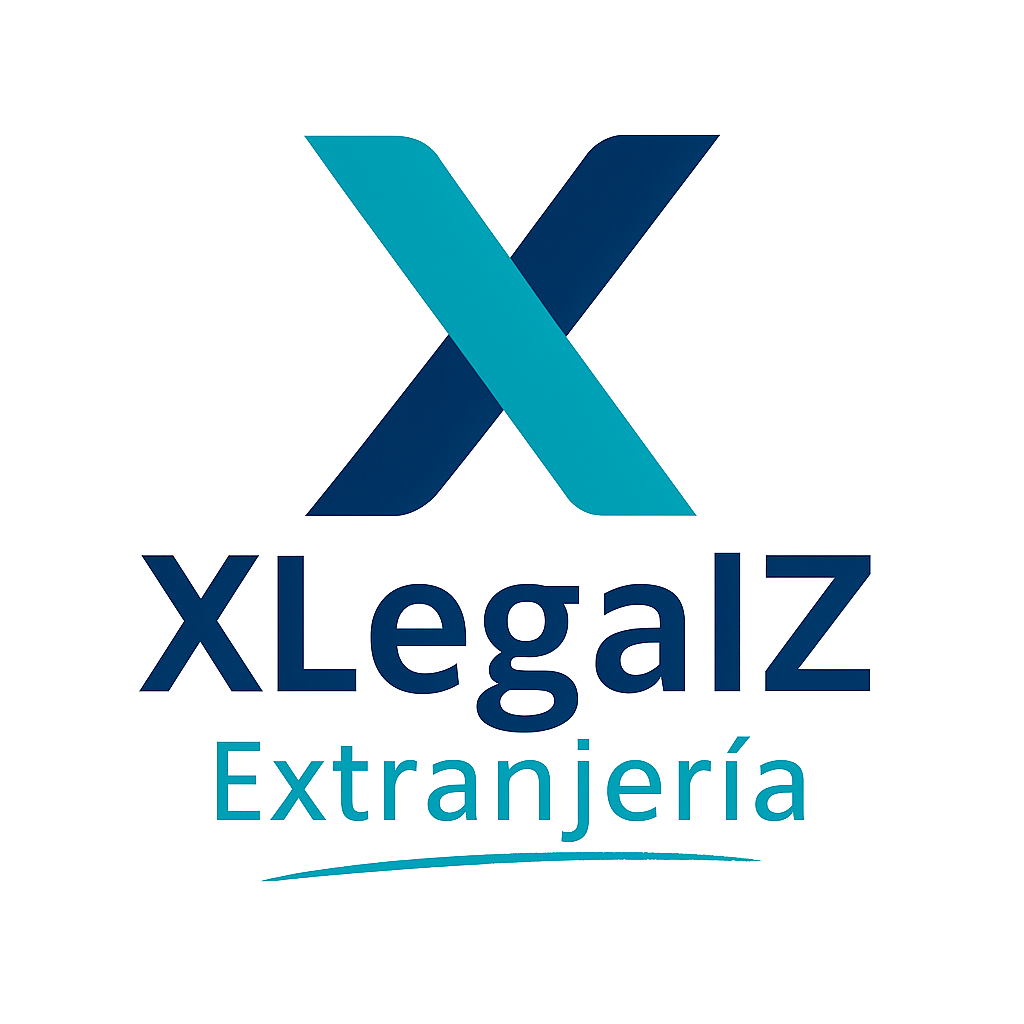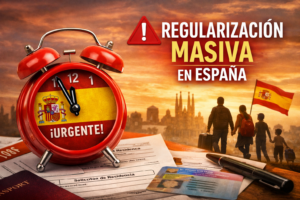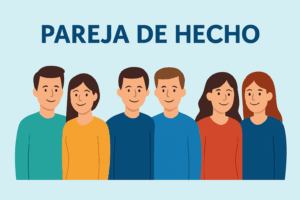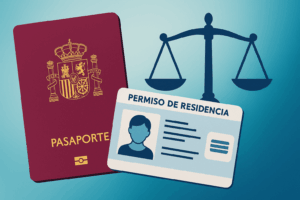How to Get Your NIE in Spain in 2025
How to obtain an NIE in Spain is one of the first questions foreigners ask when arriving in the country. The Foreigner Identification Number (NIE) is essential to start your legal life in Spain: you will need it to work, open a bank account, rent a home, pay taxes, or register with Social Security.
In this updated 2025 guide, we clearly explain the steps, requirements, and differences between citizens of the European Union and those from non-EU countries, as well as the distinction between NIE and TIE, two concepts that often cause confusion.
Differences Between NIE and TIE
The Foreigner Identification Number (NIE) is one of the very first formalities any foreign national must complete in Spain. This unique, personal number is the key to your entire legal life in the country: you will need it to work, open a bank account, sign a rental contract, purchase property, pay taxes, or register with Social Security.
Important – NIE is not the same as TIE!
Before going into the process, it’s essential to clear up a very common confusion: NIE and TIE are not the same thing.
-
The NIE is simply a personal identification number assigned to every foreigner. It is not a card, but an alphanumeric code that will appear on all your official paperwork in Spain.
-
The TIE (Foreigner Identity Card) is a physical residence card that includes your photo, fingerprints, and expiration date. Your NIE is printed on this card, making it your official identifier across all legal, banking, and employment documents.
In short, every foreigner has an NIE, but not everyone has a TIE. The NIE is the number; the TIE is the physical card that shows this number once you have been granted a residence permit.
How to Get an NIE in Spain if You Are a European Union Citizen
If you are a citizen of the EU, the European Economic Area, or Switzerland, the process is much simpler thanks to EU regulations.
Steps to Apply for an NIE as an EU Citizen
-
- Registration (Empadronamiento): first, you must register on the municipal census in the town where you live.
- Appointment at the Police Station: here you apply for your NIE along with the EU Citizen Registration Certificate (form EX-18).
- Proof of means of support: employment contract, Social Security registration, proof of sufficient financial resources, or health insurance.
Required Documentation
-
Valid passport or national identity card.
-
Municipal registration certificate (empadronamiento – proof of residence).
-
Employment contract or proof of sufficient financial means.
-
Health insurance (if you are not employed).
-
Form EX-18 and proof of payment of the fee (form 790).
The result is the well-known “green certificate”, which already includes your NIE. This certificate does not expire as long as you continue to meet the residency requirements. And remember—laminating it is not allowed, even if we all wish it didn’t wrinkle like a supermarket receipt.
How to Get an NIE in Spain as a Non-EU Citizen: NIE Linked to Residence or Stay
If you are able to regularize your status and residence shortly after arriving in Spain, you don’t need to “apply for an NIE number” separately, as it will be assigned to you automatically when your residence permit is granted. However, if you don’t want to wait and need access to public services or, for example, plan to purchase property, you can apply for an NIE even if your residence has not yet been approved.
1. Main Steps
- Reason for application: you must provide evidence of why you need the NIE (employment, studies, investment, company formation, etc.). Note: until recently it could be obtained simply by purchasing a property, but this option was ELIMINATED in April 2025.
- Application in Spain or at the Consulate: you may submit it at the Police Station or Immigration Office in Spain, or at the Spanish Consulate in your home country.
- Submission of documents: form EX-15, passport, and supporting documents justifying your reason for applying.
Typical Documentation:
- Valid passport (original and a complete copy, including blank pages).
- Document proving the reason for your application.
- Form EX-15 and proof of payment of the corresponding fee (form 790).
In these cases, the NIE is always granted within an administrative procedure and is directly tied to your legal status in Spain.
Key Difference
- EU citizens obtain their NIE almost automatically with the green certificate.
- Non-EU citizens must provide a specific reason and usually process it together with a residence permit or visa.
In both cases, the NIE is the starting point for your legal life in Spain.
The Hague Apostille and Sworn Translations
Important! All documents must be translated into Spanish by a sworn translator and duly apostilled/legalized. If they are standard multilingual EU forms, neither translation nor legalization will be required.
The method of legalization depends on whether the issuing country is a signatory to the Hague Convention of October 5, 1961:
- If the country is a signatory, the document will be recognized if it bears the Hague Apostille, which must be obtained in the country of origin.
- If the country is not a signatory, legalization must be carried out through diplomatic channels.
Immigration lawyers in Barcelona for NIE processing
At XLegalZ Extranjería, an immigration law firm in Barcelona, we assist both EU and non-EU citizens throughout the entire NIE application process.
We take care of:
- Analyzing your case and selecting the right procedure.
- Preparing all the required documentation.
- Handling the appointment and guiding you through every step of the process.
Contact us and obtain your NIE in Spain quickly and securely, with the peace of mind of having specialized immigration lawyers by your side.
What does NIE mean in Spain?
The NIE is the Foreigner Identification Number, a unique code that identifies foreign nationals in Spain for legal, tax, and administrative procedures.
What is the difference between NIE and TIE?
The NIE is just an identification number. The TIE is the physical Foreigner Identity Card that shows this number, along with your photo, fingerprints, and the validity of your residence.
How long does it take to obtain an NIE in Spain?
The procedure is quick and doesn’t take long.
Where can you apply for an NIE in Spain?
You can apply at the Police Station, the Immigration Office, or at the Spanish Consulate in your home country.
Can I apply for an NIE without being registered on the municipal census (empadronado)?
En la mayoría de los casos es obligatorio estar empadronado en tu municipio, salvo en solicitudes relacionadas con inversión o trámites consulares.
Getting an NIE in Spain can seem like a complicated procedure, especially if you’re not familiar with the requirements or the specific steps depending on your situation. Whether you are a citizen of the European Union or from a non-EU country, having professional guidance can save you time, mistakes, and legal issues.
At XLegalZ Extranjería, an immigration law firm in Barcelona, we guide you through the entire process: from preparing the documentation to securing your appointment and successfully completing your application.
Do you need help obtaining your NIE in Spain in 2025?
Get in touch with us today and process your NIE quickly, safely, and hassle-free.





